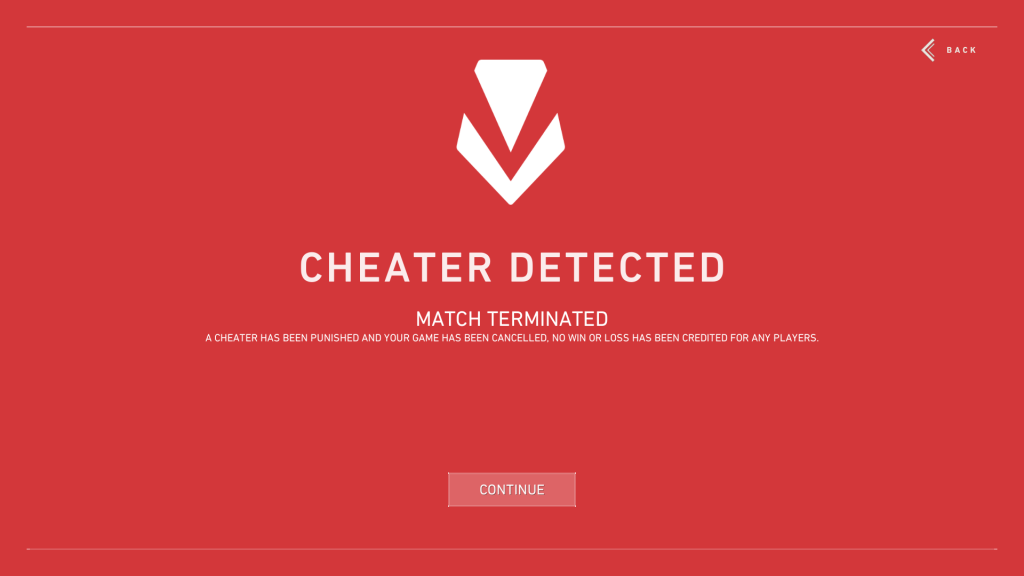VALORANT’s Infamous Anti-Cheat Crashes Ethernet And Sparks System Reboots: Is It Time for Microsoft to Tackle Cheating Without Kernel-Level Chaos?

Cheating in online games has been an issue ever since online games have existed. And Riot Games and its Vanguard anti-cheat have been a highlight in combating it. Valorant especially has been known to detect cheaters very accurately.

But this level of security comes at a cost. Vanguard runs at the kernel level and has been accused of being invasive and problematic for a long time. Over time, users have reported multiple issues like it causing crashes, and even taking screenshots of their PCs. And now there’s an entirely new issue being reported.
Valorant’s Vanguard Anti-cheat Is Crashing People’s Internet Now?
Valorant‘s Vanguard has been widely criticized for its deep integration with users’ systems, operating at the kernel level from boot-up. This approach gives the software immense control over a computer’s functions, enabling it to detect cheats effectively.
For many, this feels like an invasion of privacy. There were even previous reports of bricked PCs and performance issues. Even though it is the best anti-cheat, the system’s invasive nature continues to frustrate players, especially as more incidents get reported.
Valorant on PC had an issue hours ago where its anti-cheat system, which runs at the Windows kernel level, was crashing some Ethernet connections. I and many others had to reboot our machines to get connectivity back just a few mins after having Valorant running, because… pic.twitter.com/Jke8VgqmLV
— Tom Warren (@tomwarren) September 14, 2024
The latest one is a peculiar one. According to Tom Warren, a known industry individual, Vanguard has recently had an issue where it caused Ethernet crashes for users. Warren noted that he and others had to reboot their systems to fix the issue.
It would be cool if Microsoft released a gaming OS and utilized technologies like TPM, SB, IOMMU, VBS Enclaves, and many other features and lock it down. They would probably reduce cheating by about 90%. Then, all that would be left would be AI/Colorbot cheats, which can be…
— GamerDoc (@ItsGamerDoc) September 14, 2024
One of the staff members working on Vanguard commented on the post talking about how Microsoft could make situations like this easier. Features like TPM, VBS enclaves, and Secure Boot are already available on Windows 11, and a gaming-specific version of the OS could lock down cheats more effectively without needing kernel-level access.
Cheating In Online Games Has Only Gotten Worse, We Need Better Detection

Despite any efforts from third-party creators, cheating is still a serious issue in online multiplayer games. This is especially true with the rise of cross-play between console and PC players. PC gaming, in particular, is more vulnerable to hacks and cheats due to its open ecosystem. Call Of Duty games are an easy example of this.
The future of anti-cheat software is uncertain, as developers and platform holders like Microsoft search for ways to balance security, privacy, and performance. The debate over whether kernel-level software is necessary will likely continue, especially as more players demand greater transparency and control over how these systems operate.
Comment
byu/Buried_alive35 from discussion
inFPSAimTrainer
The question now is whether Microsoft will take a more active role in providing a solution that balances security, performance, and privacy. As cross-play becomes more prevalent and cheating more widespread, it’s clear that traditional anti-cheat systems may no longer be sufficient.
By working directly with game developers, Microsoft could help create a more effective and less intrusive approach, allowing gamers to enjoy their favorite titles without worrying about their systems being compromised.
Cheating must be controlled, but not at the cost of system performance and player privacy. What are your thoughts? Let us know in the comments!
This post belongs to FandomWire and first appeared on FandomWire




